Euskal Kazeta will be following Isabel Zialcita regularly on her challenging journey to learn the language of her ancestors.
Isabel Zialcita, a Basque Filipina living in Los Angeles, recently decided she wanted to learn Euskera. She created a blog, EuskoCat, to track her progress in the difficult language. Euskera is her fourth language, since she already speaks English, Spanish and Tagalog. She is also attempting to learn Catalan, because she also has a grandmother with Catalan roots.
Isabel is a 23-year-old college student at Pasadena City College, pursuing international relations.
The Basques, who were among the world’s earliest mariners, began arriving on the Phillipine islands as part of Spain’s exploration of the New World. They first arrived there in 1521 as part of Magellan’s expedition. They began settling in the Phillipines in larger numbers during the 1800s and 1900s.
See the Basque Book Series : “Basques in the Phillipines”
Isabel tells Euskal Kazeta about her interest in Euskera:
EK: Why did you start the blog?
Isabel: “Aside from wanting to promote Euskara and Català to the English-speaking world, I see it as the blog I wish I had available to me when I first decided to start learning. I had to look at so many different places and there was never just one article that listed the methods available to me or any one that went into details about various programs.”
EK: Where did you grow up?
Isabel: “I was born in the Philippines and lived in a compound filled with my Spanish-speaking relatives on my father’s side. A compound, as my family defines it, is basically a gated community comprised of just my relatives. Right next door to my house was my Uncle’s house, then a garden away was my Grand-Aunt’s and then two garden’s away was my Abuela’s house, and so on. It was a great way to grow up because I was surrounded by my cousins, seven of my father’s eight siblings, and of course, my Abuelo and Abuela.”
EK: Tell us about your Basque background.
Isabel: “I had always known that I was Basque but I was a bit fuzzy on what exactly this thing called Basque was. One day, I was looking at my family’s coat of arms and noticed that it said we were from a place called Fuenterrabía. I then did a Wikipedia search and found out more about Hondarribia (as it is known officially and in Euskara) and I then started clicking different links and one thing led to another until I was made aware of the fact that not only were the Basques a very different people from the rest of Spain, but they also had their own unique language. This was enough to make me seek out books about the Basques but not quite enough to get me to want to learn the language just yet.”
EK: How did you decide to learn Basque?
Isabel: “It was when I learned one of my first words in Euskara that the decision was solidified. I learned that the Basques call themselves euskaldun and that it means Euskara-speaker. That was at once interesting and ever-so-slightly depressing for me because I became very aware that although I was Basque by blood, I was not Basque by birth or by definition (albeit, a very literal definition). I also realized that Basques put a lot of importance on their own language and I began to see Euskara as more than just something I wanted to do as a hobby but I saw it as my birthright and that it was my duty or my quest to recover that which was lost to my family so many years ago when they left Hondarribia for the Philippines.”
EK: You speak other languages as well, right?
Isabel: “I speak three languages: English, Spanish and Tagalog although I must admit that when it comes to Tagalog, I can speak it at a colloquial level. In fact, it was a subject I always struggled with as I grew up in a compound with Spanish relatives. As for Spanish, I am slowly working to get my fluency back as I stopped speaking it when my Abuelo died over a decade ago.”
Click here to see Isabel’s blog
Isabel thinks songs help teach language and she talks about one of her favorite Basque rock groups Ken Zazpi. She imbeds a Youtube video of the song Noizboit.

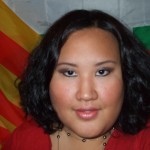
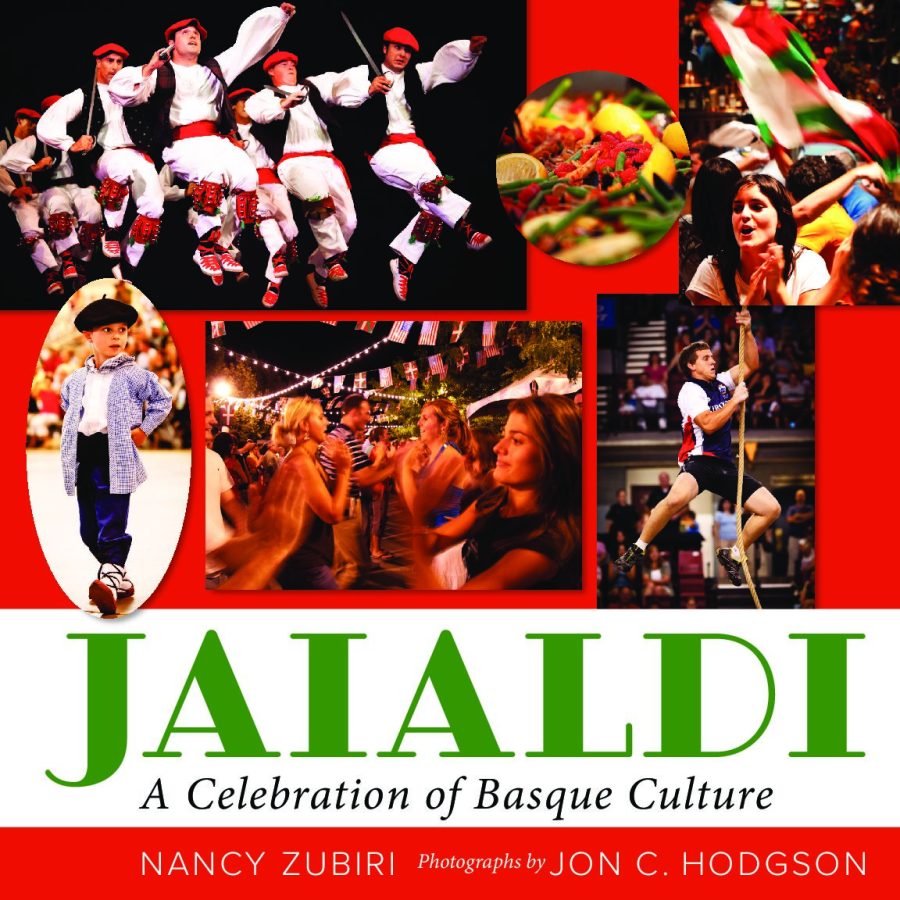
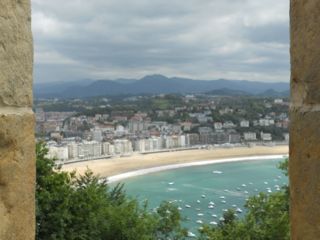
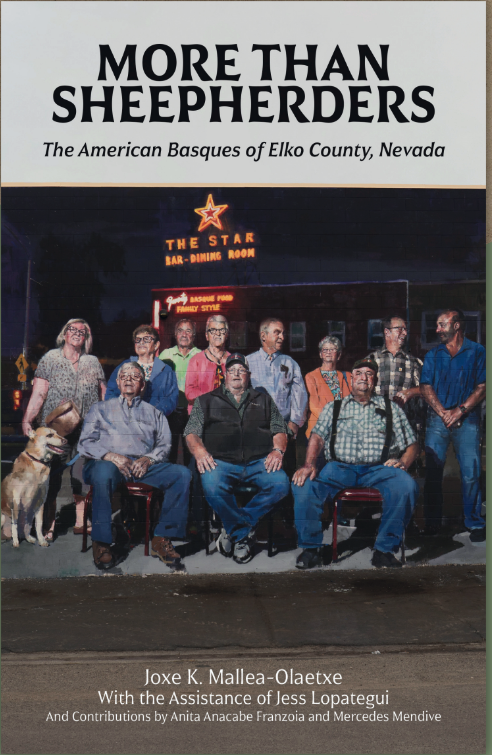
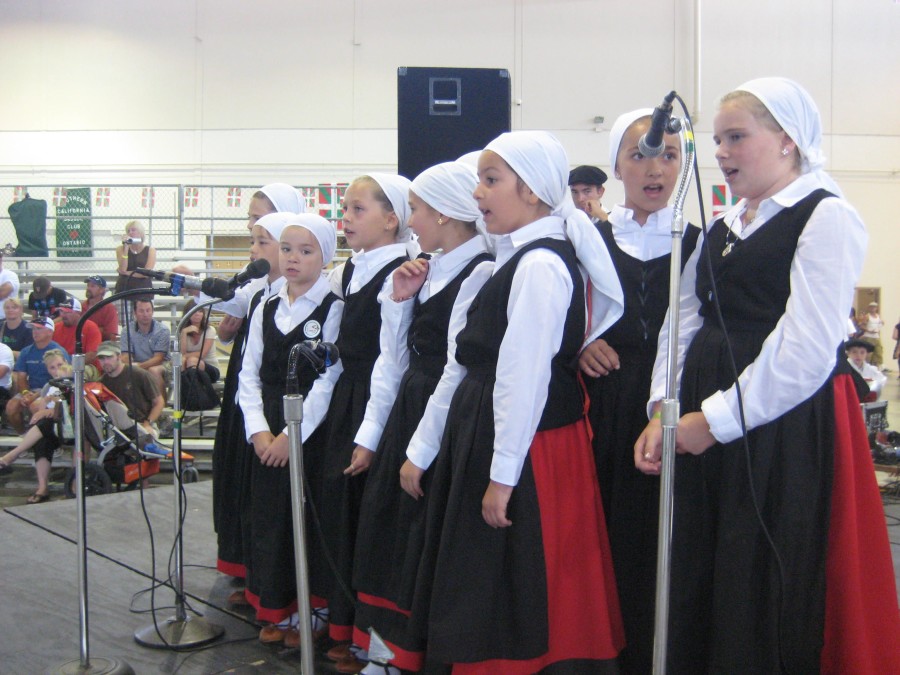
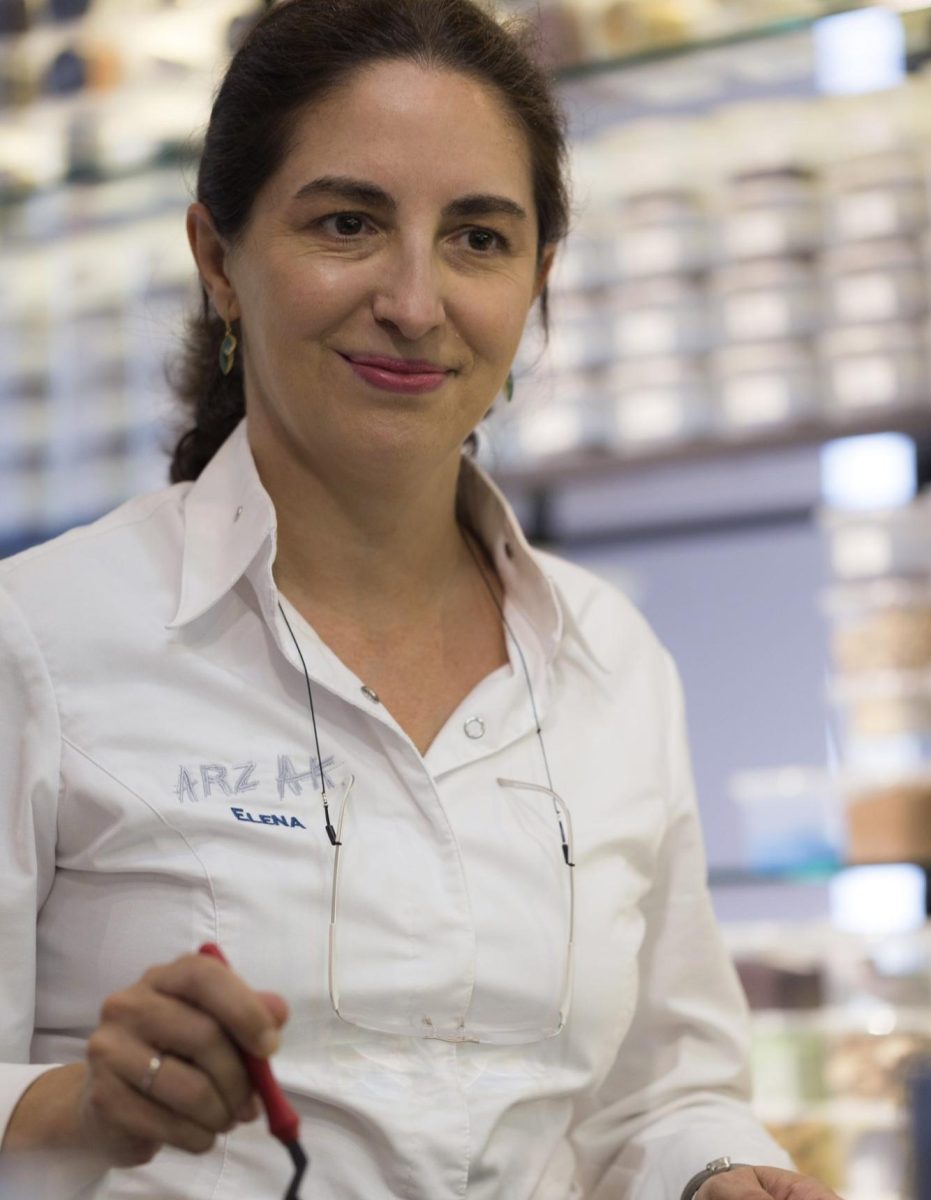

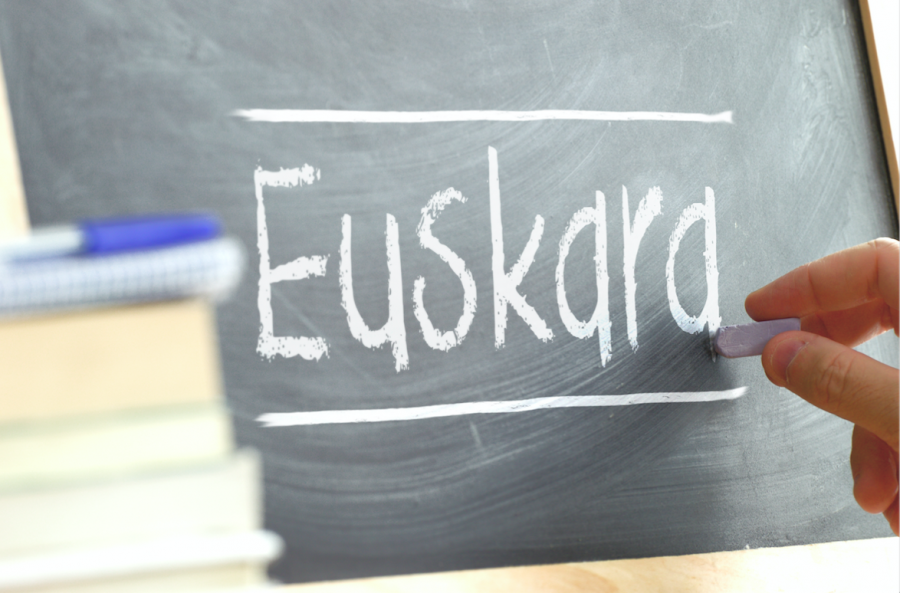

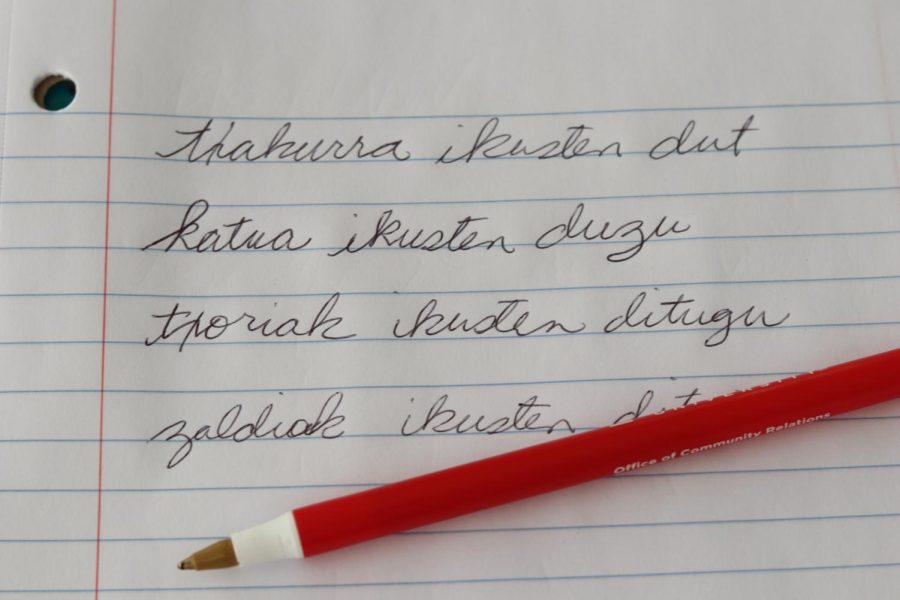
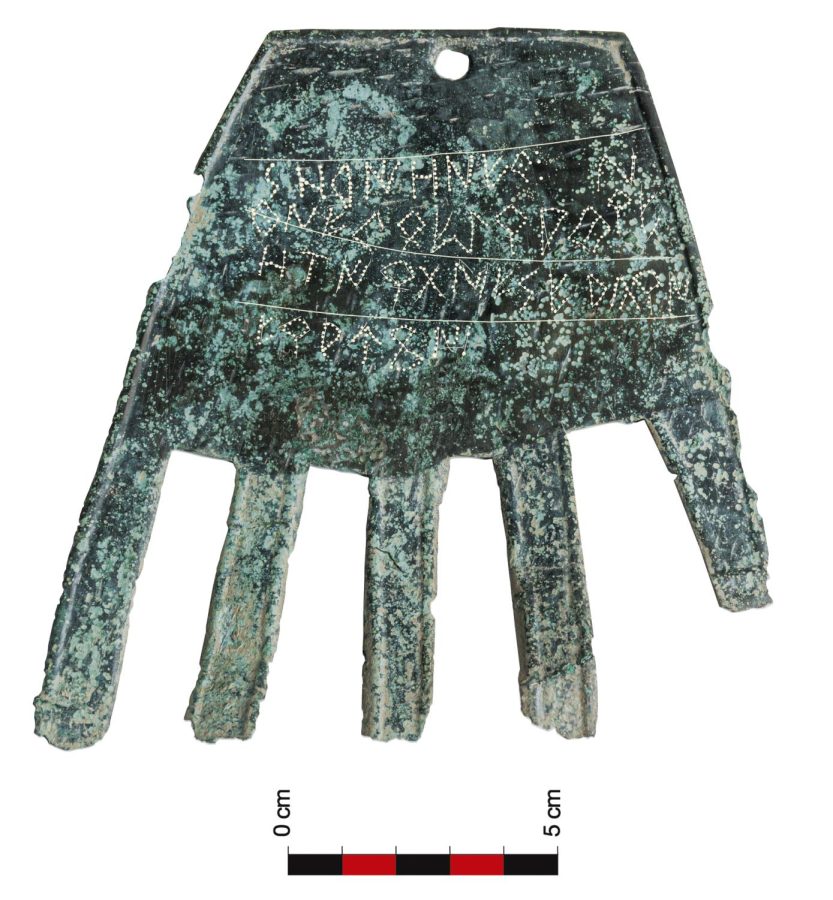
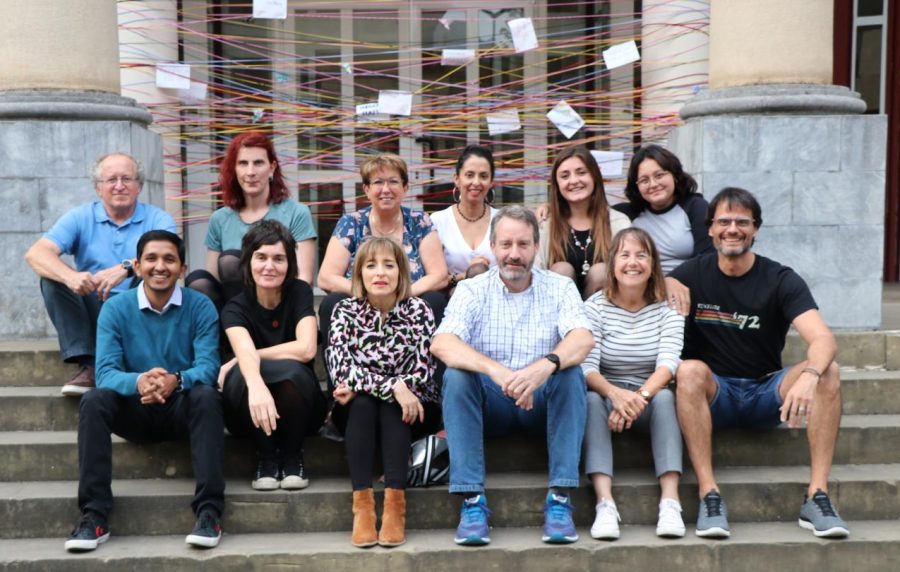
Catholic Mum • Nov 2, 2010 at 4:18 am
Thoughtful and interesting, thank you. I grew up in Manila but moved to England at such a young age I can hardly remember anything apart from the delicious food. I finally found some authentic Filipino recipes if you want to have a look, I thought I’d share it with you!